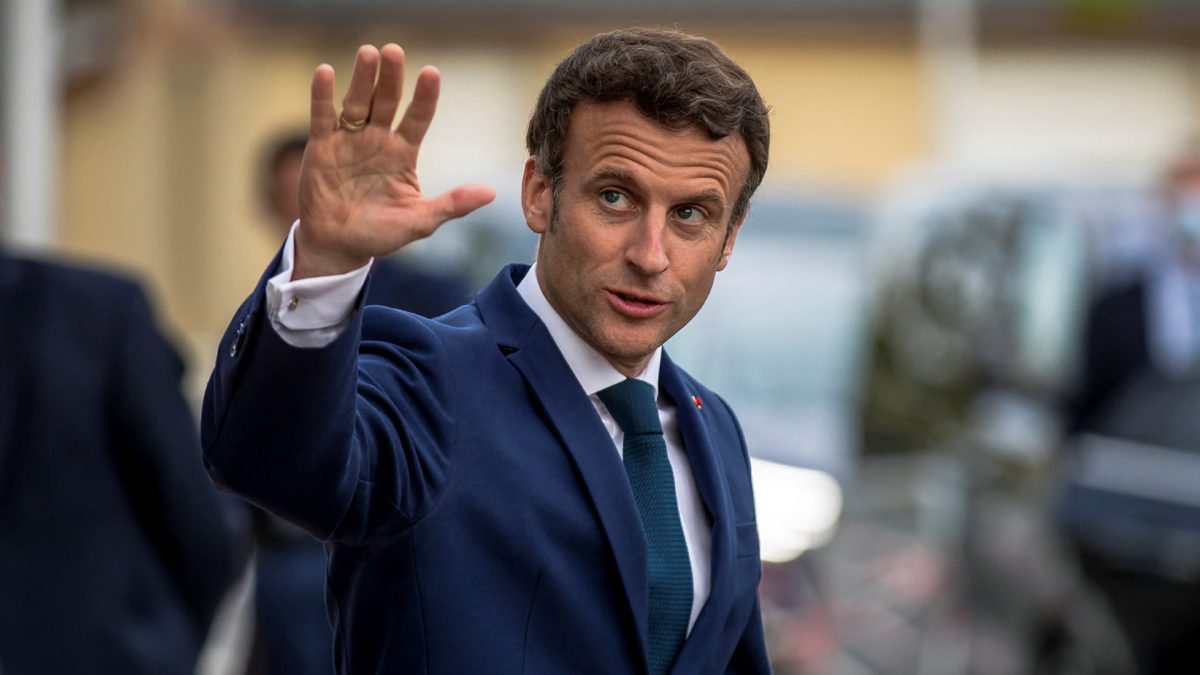French President Emmanuel Macron has emphasised the need for strict rules to govern artificial intelligence (AI) development, warning that it should not become a lawless “Wild West.” His comments came ahead of the inauguration of the Paris AI Action Summit, where global political leaders and tech executives will discuss AI’s future.
Macron expressed optimism about AI’s potential but stressed the importance of preventing it from causing societal harm, such as discrimination or mass surveillance. The summit, scheduled for Monday and Tuesday, aims to forge voluntary agreements to regulate AI in a way that promotes both innovation and ethical development.
Balancing regulation and innovation
Macron underscored the challenge of striking a balance between over-regulation, which could stifle innovation, and under-regulation, which might allow unethical practices. He pointed out that some countries might push forward with AI developments without any safeguards, while Europe risks going to the other extreme by enforcing excessive restrictions.
The French leader is keen on creating a set of shared principles that countries can voluntarily adopt. These guidelines would focus on areas like human rights, environmental protection, and intellectual property.
The call for balanced regulation comes at a time when Europe is striving to keep pace with AI advancements led by the US and China. Macron highlighted the risk of Europe falling behind if it fails to streamline its approach to innovation. His vision involves a form of “European economic patriotism,” where businesses and governments invest in locally developed AI solutions to boost the region’s competitiveness.
High-profile attendance at the summit
The summit has attracted several prominent figures, including European Commission President Ursula von der Leyen, US Vice President JD Vance, and Chinese Vice Premier Zhang Guoqing.
Von der Leyen’s participation underscores the EU’s commitment to shaping the global AI landscape. Macron expressed his belief that Europe has an opportunity to carve out a significant role in the AI sector if it can simplify and accelerate its regulatory processes.
Von der Leyen is expected to announce plans for the creation of around ten public supercomputers to support AI research and start-ups across the EU. These supercomputers are part of a broader effort to strengthen Europe’s technological infrastructure and make the region more competitive in the global AI race.
Pushing for European autonomy
Macron reiterated the importance of Europe becoming technologically autonomous, warning against letting the AI competition devolve into a two-player contest between the US and China.
He urged European leaders and businesses to prioritise investments in homegrown AI technologies. His comments reflect a broader push for the EU to maintain control over its digital future rather than relying heavily on foreign tech giants.
As the summit approaches, Macron’s call for regulation with room for innovation sets the tone for the discussions. The outcome of these talks could shape how countries across the globe choose to manage AI’s rapid growth, balancing opportunities with the need to safeguard societal values.


)

)
)
)
)
)
)
)
)



